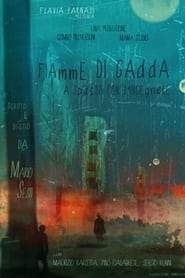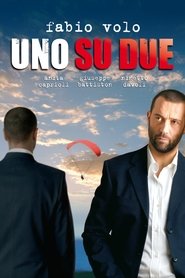detail profile pino calabrese
Peran Yang Di Mainkan Pino Calabrese
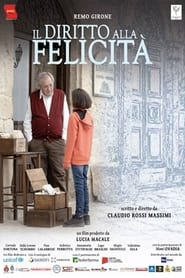 The Right to Happiness centers on...
The Right to Happiness centers on...The Right to Happiness 2023
The Right to Happiness centers on a small used book store in a small plaza in a small town with big vistas, somewhere in Italy. It sounds like a book lover's fantasy, and maybe it is. The bookseller, Libero, knows most of his rather eccentric customers and can barely bring himself to take their money (although fascists pay double). When a young boy, Essien (Didie Lorenz Tchumbu), an émigré from Burkina Faso, happens on the shop, Libero begins lending him books of increasing difficulty. From Pinocchio to Moby Dick, Essien can read as fast as Libero can lend, and the two form a bond over reading and meaning. "Books should be read twice," Libero says. "Once to understand them, and once to think." Life should probably be lived like that too, but the bookseller's name means "free," and freedom is what Libero bequeaths to Essien.
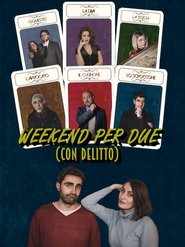 Caterina is a girl victim of...
Caterina is a girl victim of...Weekend per due (con delitto) 2022
Caterina is a girl victim of amnesia, who finds herself in an unknown village without being able to remember how she got there. In reality he doesn't even have any memory of his own identity, so he accepts the collaboration of Tommaso Carta - a local writer - to try to unravel the mystery. At the same time, the two will also be involved in a strange murder case, perhaps connected to Caterina's memory loss.
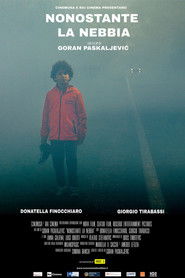 According to Interpol over ten thousand...
According to Interpol over ten thousand...Despite the Fog 2019
According to Interpol, over ten thousand refugees of minors without parental care are wandering today in Europe, half of which are on Italian roads. "Despite the Fog" is a movie story about one of them. In short: Ali-Musa Sarhan, a refugee whose parents drowned while traveling by rubber boat on the Italian coast in search of a better life, is accepted by family, husband and wife who have lost a child. They are trying to find solace in little Arab and a sort of replacement for their early deceased son, Mark. Valeria (Donatella Finokjaro) and Paolo (Giorgio Tirabasi) are increasingly confronted with resistance from the environment and their own family, who do not accept their decision to keep Muhammad - It is also a story of a world that is increasingly sinking into xenophobic fog.
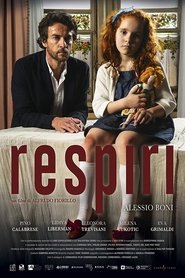 Francis a forty year old engineer...
Francis a forty year old engineer...Respiri 2018
Francis, a forty year old engineer, after a mysterious disgrace he retired to live in a village on Lake Iseo. With still little daughter occupies the former family villa, a magnificent Art Nouveau building on the lake shore. In the big house there is, however, another mysterious person, of which only perceives the echo of the respirator that keeps her alive. But other presences no less disturbing, and certainly more dangerous, they move around the villa. What happened to the man and his family? What secrets hide? Marta will know, childhood friend always in love with him, awaken Francis from the torpor in which he has fallen, and free him from the pain? And most importantly, how many succeed they gravitate around the house to escape the danger that threatens their lives? Breaths tells how the pain can profoundly transform a man crushed by memories, guilt, fears. He also wants to show the extent to which an individual is able to accept the existence paths without being a victim.
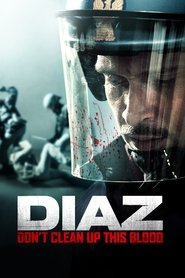 On July 1921 2001 over 200000 people took to...
On July 1921 2001 over 200000 people took to...Diaz - Don't Clean Up This Blood 2012
On July 19–21, 2001, over 200,000 people took to the streets of Genoa to protest against the ongoing G8 summit. Anti-globalization activists clashed with the police, with 23-year-old protester Carlo Giuliani shot dead after confronting a police vehicle. In the aftermath, the police organized a night raid on the Diaz high school, where around a hundred people between unarmed protesters—mostly students—and independent reporters who documented the police brutality during the protests had took shelter. What happened next was called by Amnesty International "the most serious breach of civil liberties in a democratic Western country since World War II."
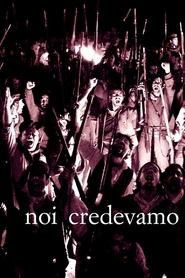 1828 In the wake of the repression...
1828 In the wake of the repression...We Believed 2010
1828. In the wake of the repression of revolutionary uprisings in the monarchist South, three young friends join Giuseppe Mazzini's patriotic cause, seeking to finally unify Italy under a republican government. Their idealism will clash with the inevitable disillusionment as they grow apart over the following fifty years.
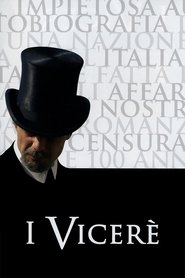 In late 19thcentury Sicily the noble...
In late 19thcentury Sicily the noble...I Vicerè 2007
In late 19th-century Sicily, the noble Uzeda family—whose lineage dates back to the ancient viceroys that ruled those lands—fights to preserve its waning power in the face of the newly unified Italian regime.
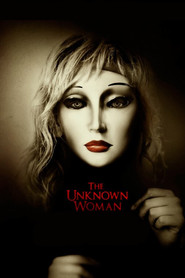 Irena a Ukrainian woman comes to...
Irena a Ukrainian woman comes to...The Unknown Woman 2006
Irena, a Ukrainian woman, comes to Italy looking for a job as a maid. She does everything she can to become a beloved nanny for an adorable little girl, Thea. However, that is just the very beginning of her unknown journey.
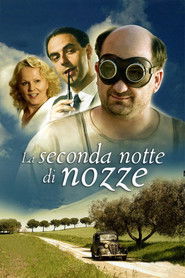 When his destituite widowed sisterinlawwhom he...
When his destituite widowed sisterinlawwhom he...The Second Wedding Night 2005
When his destituite widowed sister-in-law—whom he had never stopped harbouring feelings for—and her ne'er-do-well son come to live with him after World War II, a mentally-ill farmer who spends all his time destroying unexploded ordnance scattered across the countryside finds a new purpose in his lonely life.
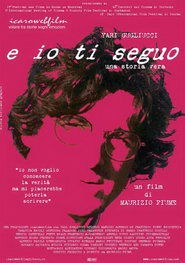 Giancarlo a young Neapolitan animated by...
Giancarlo a young Neapolitan animated by...E Io ti seguo 2003
Giancarlo, a young Neapolitan animated by a great passion for journalism, is called as a correspondent in Torre Annunziata for the newspaper IL MATTINO. He begins to investigate the underworld and despite the difficulties he doesn't give up. His intuitions take him so far that the clan leader Gionta considers him too uncomfortable a character. The film reconstructs the last days of the life of the Neapolitan journalist Giancarlo Siani, killed by the Camorra in September 1985. It does so with the participation that a friend like Fiume had of Siani and with the courage to face a narrative that is absolutely different from the one of the debut film "Isolde".
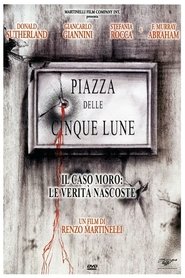 Just the night before his retirement...
Just the night before his retirement...Five Moons Plaza 2003
Just the night before his retirement District Attorney Saracini is given a film showing the kidnapping of Aldo Moro. As the District Attorney takes on the case he along with his team finds more compelling and secretive evidences. Too many secrets are found that should stayed as secrets.
 The adventures and deceptions of a...
The adventures and deceptions of a...The Star Maker 1995
The adventures and deceptions of a photographer who travels through small villages of 1950s Sicily pretending to work for the big film studios in Rome.
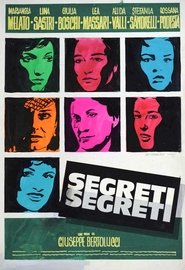 Young terrorist Laura shoots both a...
Young terrorist Laura shoots both a...Secrets Secrets 1985
Young terrorist Laura shoots both a judge and a comrade, and over time her violent act becomes a thread linking the lives and fates of several other women. Each has her own secret, including the lawyer who listens to Laura as if in a ‘trance’: moments before, she discovered her husband was cheating.
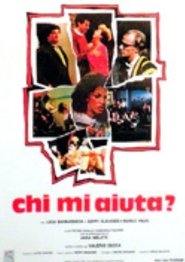 Paolo and Carlo are good friends...
Paolo and Carlo are good friends...Chi mi aiuta? 1984
Paolo and Carlo are good friends. The first introverted, disillusioned and intellectual, while the other is happy if shallow. Despite their differences they share accommodation. Paolo runs an “alternative” kind of library; Carlo plays the violin in a little band. Their lives go on peacefully, when suddenly Paolo falls in love with one of his a customers - Lili, an amateur actress - whom he decides to take home. Carlo doesn’t react well to the fact he’s got to share with a third person, so he comes up with a weird idea - he flirts with the new girl and manages to seduce her. Paolo thinks his best friend is now guilty of a real betrayal, while Lili is undecided: she’s attracted by both the culture of Paolo and the physical attraction of Carlo. This love triangle ends when Paolo tries to commit suicide, Carlo feels guilty and Lili leaves them both, returning to her previous life and still hoping to find her one true love.
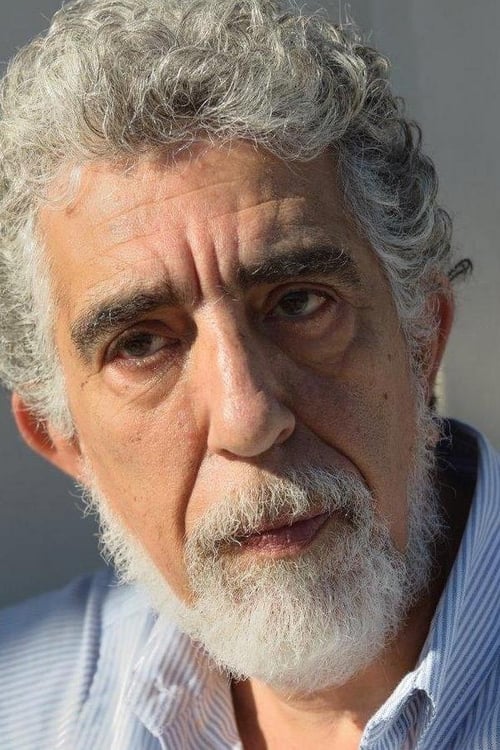
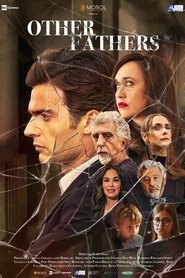 Giulio a skilled salesman father and...
Giulio a skilled salesman father and...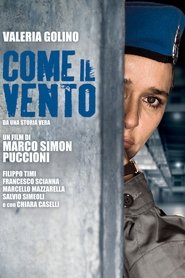 The last few years in the...
The last few years in the...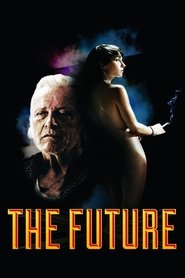 When their parents die Bianca starts...
When their parents die Bianca starts...